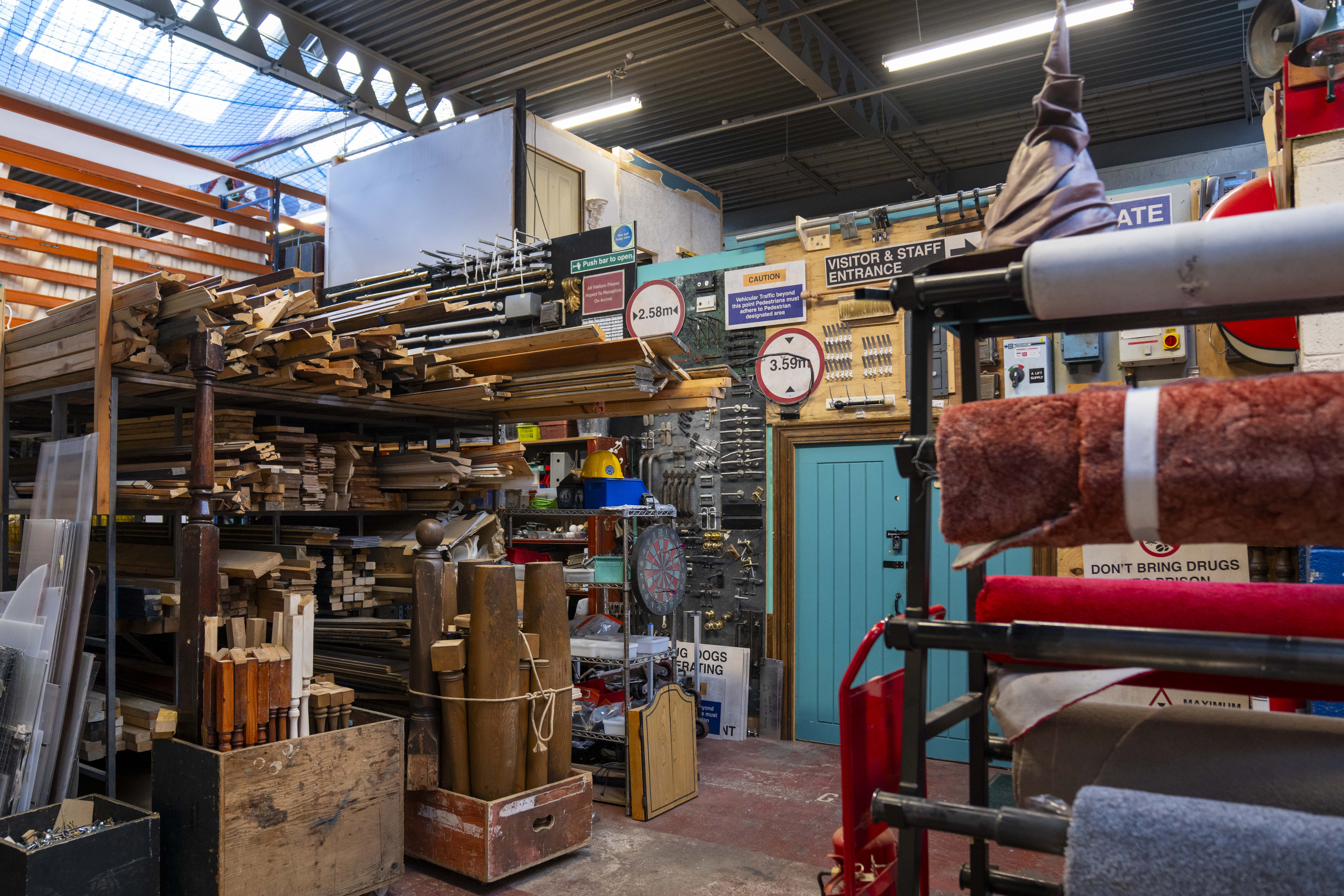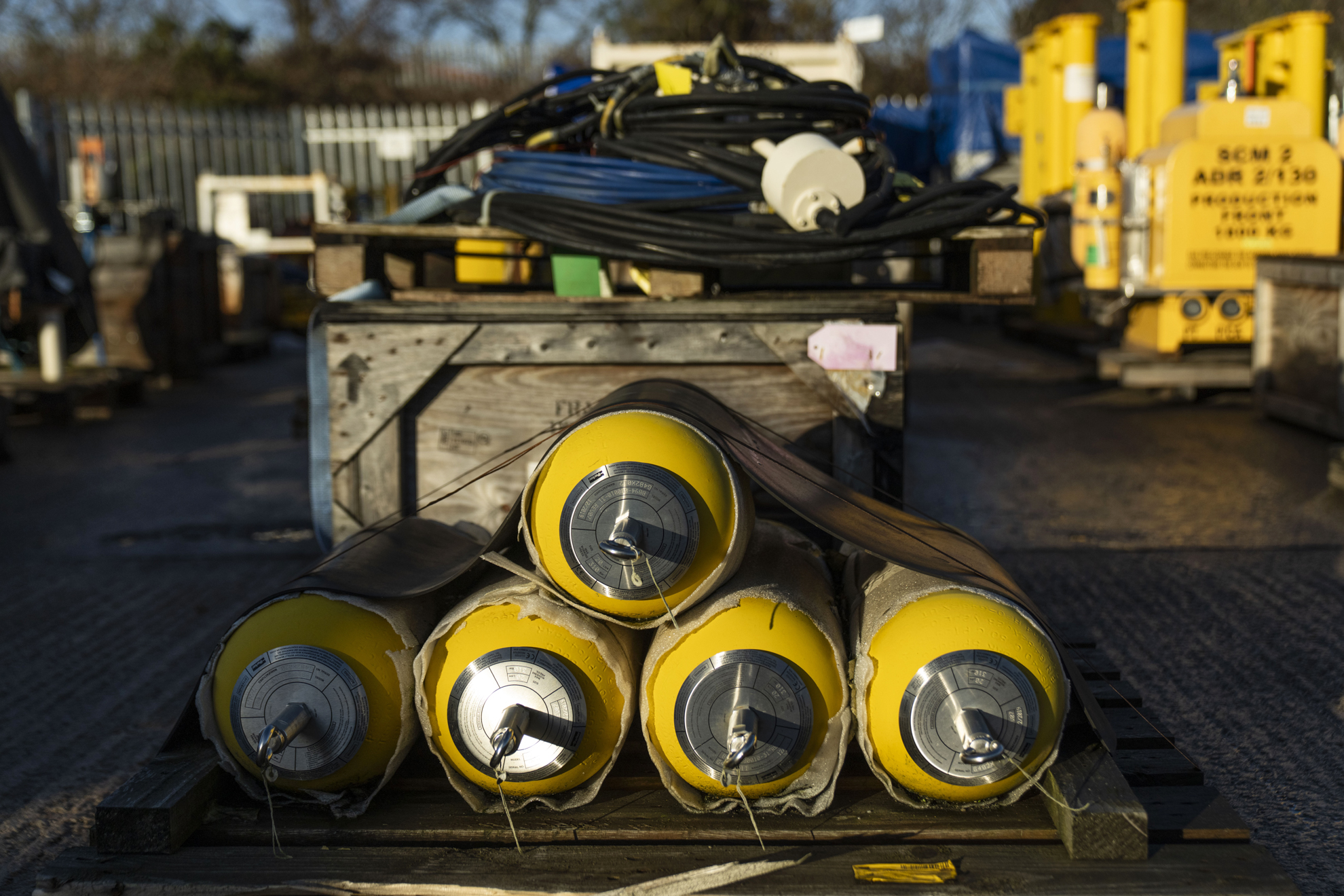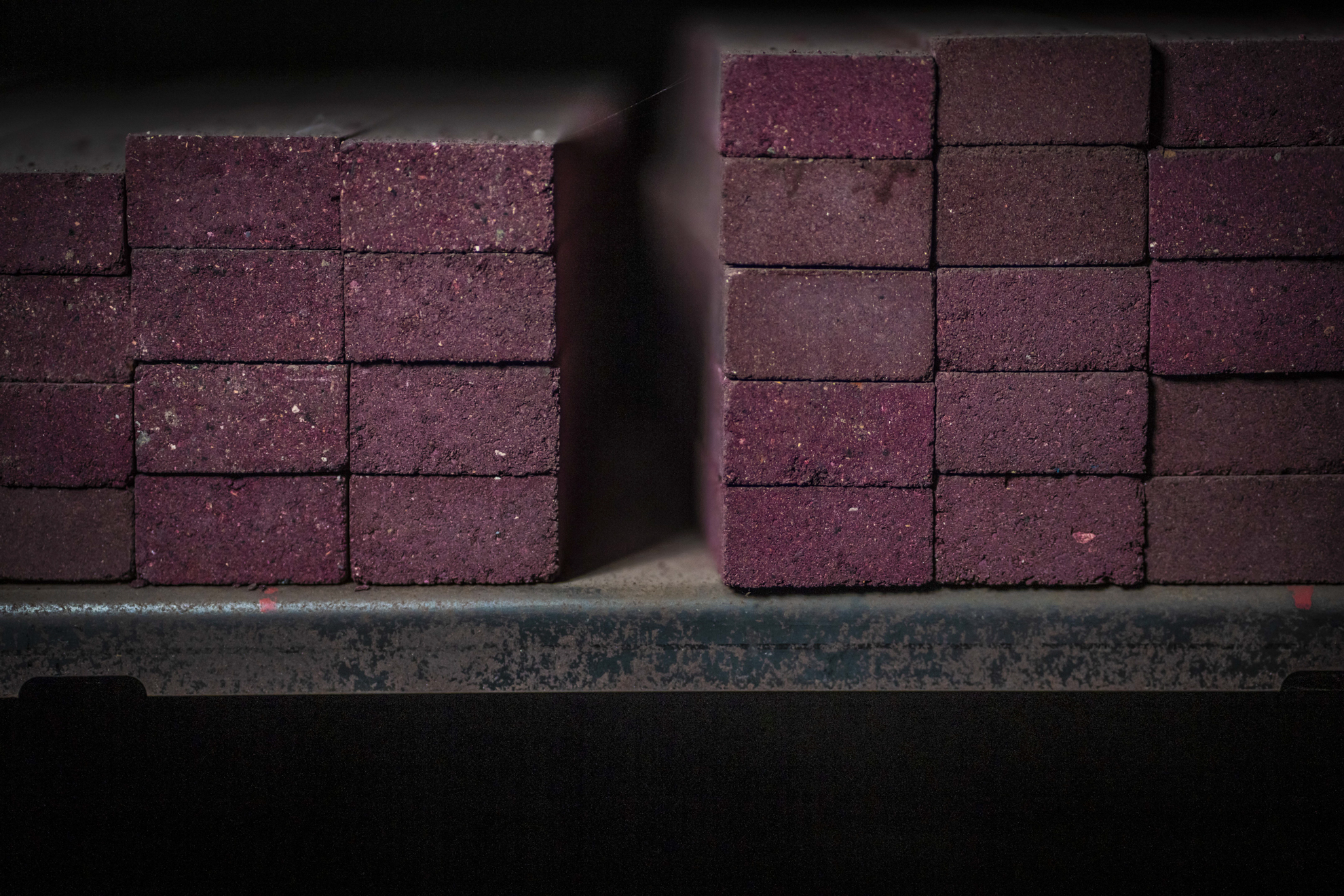
Using drivers and barriers of meal planning to develop behavioural interventions
Building a better understanding of the barriers of meal planning in order to address the food waste crisis.
Scotland faces a significant food waste challenge, with over 1.038 million tonnes of food wasted in 2021, representing 6% of the country's carbon footprint in that year.
This report, commissioned by Zero Waste Scotland and prepared by Ipsos UK, aims to develop a more detailed understanding of meal planning behaviours in Scotland, to develop behaviour change interventions to reduce food waste.
The research takes an exploratory qualitative approach, initially working with focus groups to provide insights into meal planning behaviours, drivers, barriers and potential intervention areas within key segments – established in previous research focused on segmenting the Scottish population on the basis of different meal planning characteristics. This was then followed by an intervention design workshop hosted by Zero Waste Scotland, Ipsos, The Scottish Government and academic experts.
Key findings
Drivers:
- Motivators around health, financial savings, reduced stress and alignment with identity of ‘organised person’
- Skills such as portion control and creative use of leftovers
- Time availability, cultural norms, positive social influences
Barriers to meal planning:
- Lack of skills and knowledge
- Higher impulsivity
- Motivations around enjoyment of eating and cooking (with meal planning thought to be not enjoyable or spontaneous)
- Perception of meal planning as boring
- External factors like household influences and time constraints
- Not identifying as a planner
- Not believing meal planning had benefits for them (e.g. thinking it would be a time waster rather than a time saver)
A number of interventions were also designed based on an understanding of these barriers and drivers, alongside input from segment participants and stakeholders.






